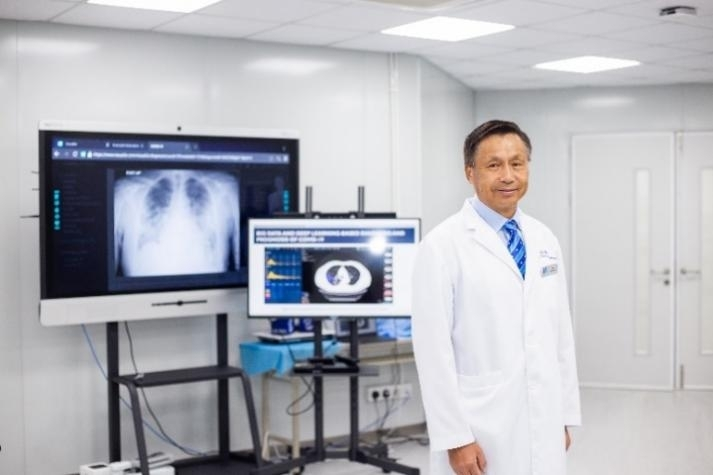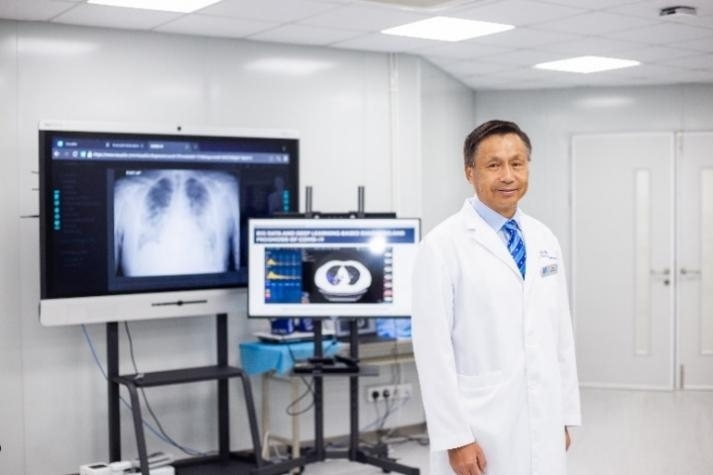
00:00 - 00:00
An international collaboration led by the Faculty of Medicine of Macau University of Science and Technology has developed an innovative artificial intelligence (AI) prediction system, UniBind. The system can predict which SARS-CoV-2 virus mutants will pose a significant threat to humans. The study, published in the latest issue of Nature Medicine (impact factor: 87.24), could help change the paradigm and ability to analyze COVID-19 and potentially other infectious diseases.

The SARS-CoV-2 virus, the main cause of the COVID-19 outbreak, can evolve to produce new mutants that evade the immune protection provided by vaccination or natural infection. Although the Omicron mutant is currently less threatening to humans, it is still possible that the SARS-CoV-2 virus could evolve into a more dangerous mutant, increasing the chance of severe illness or death. By analyzing sequence data from more than six million strains of the virus in a global influenza database, UniBind predicts which mutations will lead to increased infectivity of the virus and which mutations will lead to resistance to antibodies or vaccines.
Professor Zhang Kang, Deputy Dean of the Faculty of Medicine of the University of Macau, the leader of this study, said that most of the current artificial intelligence methods can only analyze one kind of experimental data to make predictions, and its accuracy is limited, and UniBind can integrate a variety of different experimental sources and modes of data for analysis and prediction. Like the difference between understanding only a single language and being able to integrate and understand multiple languages at the same time, Zhang points out that the system can make better predictions. In addition, the AI system can predict the body's immunity to other emerging strains of the virus and assess the severity of its infection.
The research team used an AI system to simulate more than 30,000 known virtual strains and correctly predicted the evolution of currently dominant mutants, such as Omicron XBB and BQ mutants. Based on the current mutant strains, UniBind has determined that the A475N and S494K mutations are associated with antibody resistance and may drive the emergence of mutants in the future. In addition, the team used UniBind to explore the ability of various beta coronaviruses to bind to different host receptors, showing that the system can accurately predict the affinity of different viruses and their mutants to different species. This is of great significance for finding intermediate hosts of major epidemics and predicting the cross-species transmission of viruses. Dr Han Shouyu, Assistant Professor and another lead author of the study, said the publication of this prospective study in Nature Medicine and the establishment of the Institute for Medical Artificial Intelligence both demonstrate the University's commitment to advancing science and exploring the boundaries of knowledge.

